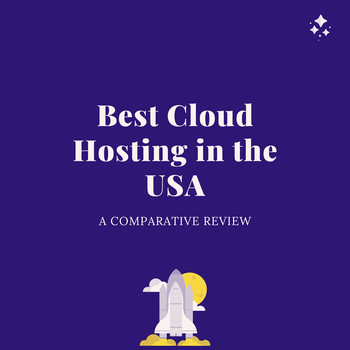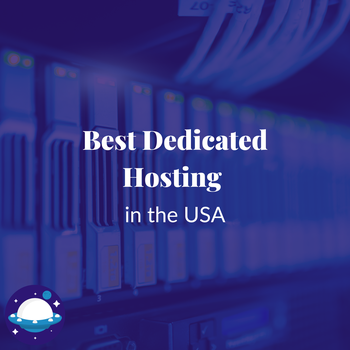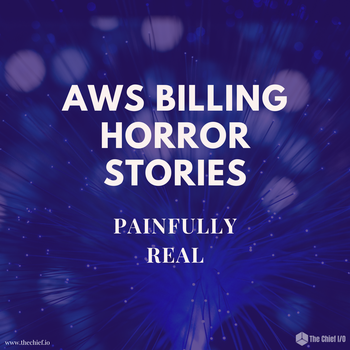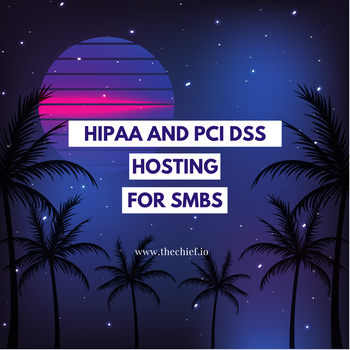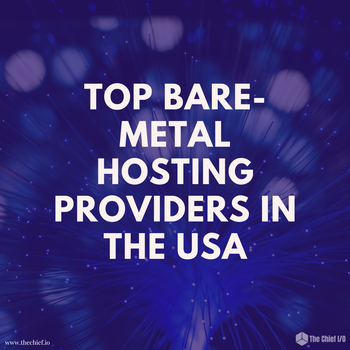A New Version of AWS Compliance Enforcer, CloudFormation Guard 2.0 Is in GA
This new version delivers a more mission-critical compliance policy enforcer
TL;DR
Amazon’s cloud-oriented division, Amazon Web Services, on May 17, 2021, released a sequel version of the Amazon CloudFormation Compliance Analyzer and general-purpose policy-as-code evaluation tool, CloudFormation Guard. AWS has made it generally available in CloudFormation Guard’s Github repository.
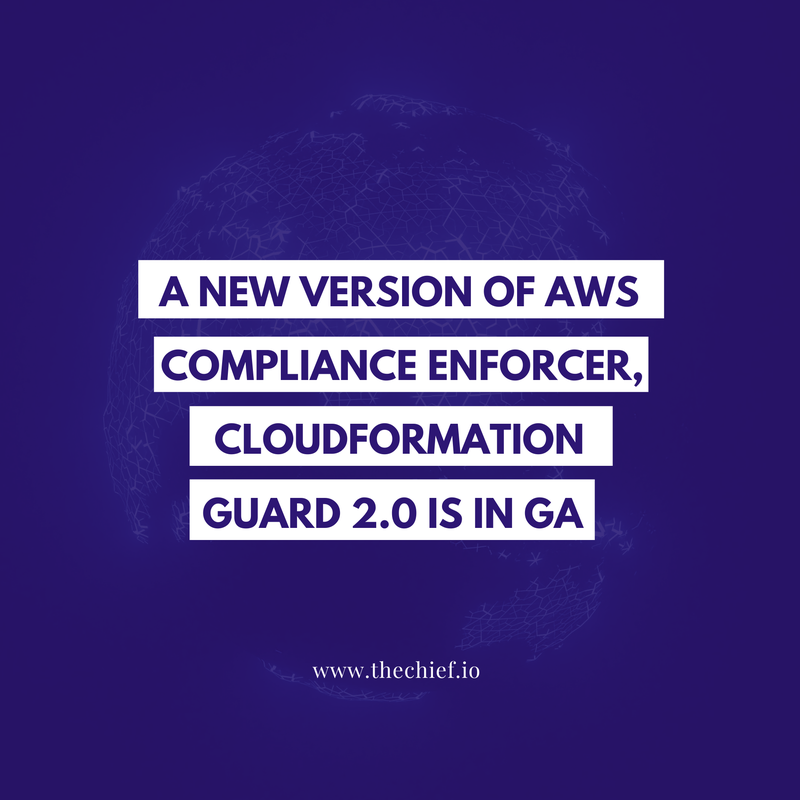
Key Facts
This new upgrade of AWS CloudFormation Guard came barely a year after the prequel release.
The new upgrade supports policy encryptions for JSON- and YAML- formatted files.
Rule writing becomes easier and less equivocal with the improvement of Guard’s DSL
Details
Barely a year after the preview release of the maiden version AWS CloudFormation Guard, the cloud hosting giant has released a sequel AWS CloudFormation Guard 2.0. The tool was oriented at mitigating risks such as overspending, security fragility, or legal affairs. The tool personifies a light scale, declarative code for defining rules. The tool supports wildcards, lists, declaration of variables and regex, and can be integrated with CloudFormation exclusive functions. The open source CLI compliance enforcer could, for example, create rules to ensure that S3 buckets get encrypted by default or deter using particular availability zones.
Built-in this tool is a CLI that goes by the name CloudFormation Guard Rulegen. This tool is essentially automated to generate Guard rules from preexisting CloudFormation templates. The resultant code can be sorted and compiled into a file for editing and spawning the relevant rule sets.
The new version extends to many functions and applications with a strict policy syntax enforcer. In addition to writing rules for CloudFormation’s already supported templates, the rule-writing now extends to any JSON and YAML file extensions, be it Kubernetes or Terraform JSON configurations.
Guard still retains its niche as a personification of open source command syntax equipping developers/organizations with an easy-to-use domain-specific language (DSL) to write company policy guidelines, compliance, cluster schedules, and more and validate JSON and YAML data against those rules according to their hierarchy, this data could be code written with cloud infrastructure.
The new version also features an improved domain-specific language (DSL) to better policy writing and delete ambiguity. It also allows the configuration of custom and advanced rules if proceedings get more complex for the developer.
Get similar news in your inbox weekly, for free
Share this news:
Latest stories
Best Cloud Hosting in the USA
This article explores five notable cloud hosting offers in the USA in a detailed way.
Best Dedicated Hosting in the USA
In this article, we explore 5 of the best dedicated hosting providers in the USA: …
The best tools for bare metal automation that people actually use
Bare metal automation turns slow, error-prone server installs into repeatable, API-driven workflows by combining provisioning, …
HIPAA and PCI DSS Hosting for SMBs: How to Choose the Right Provider
HIPAA protects patient data; PCI DSS protects payment data. Many small and mid-sized businesses now …
The Rise of GPUOps: Where Infrastructure Meets Thermodynamics
GPUs used to be a line item. Now they're the heartbeat of modern infrastructure.
Top Bare-Metal Hosting Providers in the USA
In a cloud-first world, certain workloads still require full control over hardware. High-performance computing, latency-sensitive …
Top 8 Cloud GPU Providers for AI and Machine Learning
As AI and machine learning workloads grow in complexity and scale, the need for powerful, …
How ManageEngine Applications Manager Can Help Overcome Challenges In Kubernetes Monitoring
We tested ManageEngine Applications Manager to monitor different Kubernetes clusters. This post shares our review …
AIOps with Site24x7: Maximizing Efficiency at an Affordable Cost
In this post we'll dive deep into integrating AIOps in your business suing Site24x7 to …
A Review of Zoho ManageEngine
Zoho Corp., formerly known as AdventNet Inc., has established itself as a major player in …

